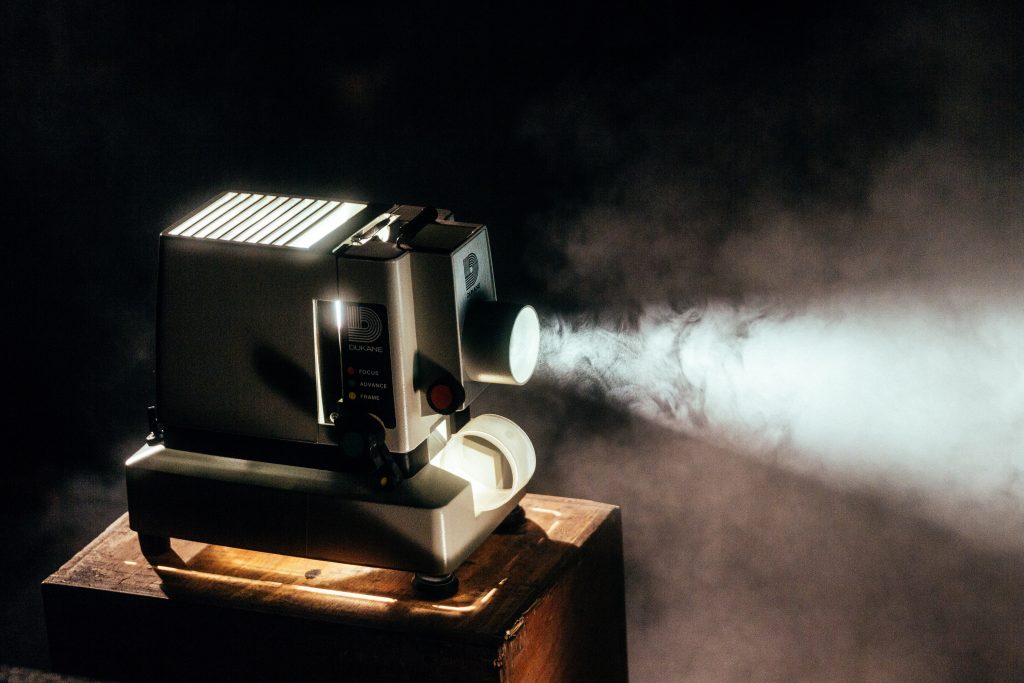
Book to movie adaptations often walk a very fine line between good and bad. They can, thanks to avid fans, be quite dangerous to produce. Perhaps ‘dangerous’ is a strong word, but reactions to adaptations like the 2010 Percy Jackson movie demonstrate that one can never underestimate the connection between a fan and their favourite book. If the adaptation fails to meet expectations, it can be devastating for both the fans and the pockets of Hollywood executives.
An optimist would argue that adaptations have inherently good intentions. They seek to bring a work to life and build on the world that an author has created. This can be particularly magical in a fantasy genre – the Harry Potter film franchise did an excellent job of capturing Hogwarts, and seeing such a place conjured up on the screen is remarkable. The famous castle from the movies has become the real Hogwarts; many now can’t see anything different when they read the books.
Adaptations also increase readership as the books reach a new, larger audience. It’s undeniable that films are easier to consume: watching takes a fraction of the effort and time than of a novel (and, as a bonus, engages more of your senses!) The effect that bringing a story to the screen has on book sales is obvious – just look at Heartstopper. Following Netflix’s adaptation, the graphic novels have soared to the top of Waterstones’ bestselling books list.
Translating into movie format also brings existing fans closer to their favourite books. Adaptations allow them to experience the story in a new form with the option to escape into the world of their favourite characters whenever they want. Rather than investing days or weeks to reread a novel, they can relive the story in two hours. Some adaptations, like director David Fincher’s Fight Club and The Social Network, are so successful that many don’t know they’re even based on books.
But adaptations can easily go wrong. A cynic would argue that the main appeal for studios when adapting books for the screen is the profit an established fanbase will guarantee. Film and TV are, at the moment, dominated by book adaptations, remakes, and ‘based on a true story’ dramas. It often seems that there isn’t an original thought left in Hollywood. Many have criticised certain adaptations, like the Divergent and Maze Runner movies, as lacklustre money-grabs that capitalise on trends. Which is especially frustrating for book fans who don’t get to see their favourite stories done justice. In some cases, like that of The Scorch Trials, the plot and characters are changed so dramatically that the movie is unrecognisable from the book.
It is, indeed, upsetting when someone tells you that they won’t read your favourite book because they saw the poorly done film version and didn’t like it. But many would question whether an ‘accurate’ book to movie adaptation is even possible. The Goldfinch, for example, had all the right pieces – an incredible cast, a director who loved the book, an Oscar-winning cinematographer – but wrestling a 800-page novel into one movie is an impossible feat. This is the case for other often criticised adaptations. Film’s don’t have the space novels do so, when filmmakers try to pack it all in, the story tends to feel underdeveloped. But when characters and plot lines are cut readers are left feeling defeated. In the cases of Harry Potter and Lord of the Rings paring back the story is what made them successful. Yet in the case of Percy Jackson and the Lightning Thief or All the King’s Men, cutting down is what generates criticism. All this begs the question, shouldn’t the default for adaptations be to turn them into TV or film series? Clearly one film isn’t enough to capture everything.
Adaptations are, in essence, a good idea. But they need care in order to keep the book’s connection to its audience alight. Making a good adaptation can be great: it garners respect from the fan base, makes studios guaranteed money, and encourages a wider audience to read the book, or at least enjoy the story. Making a bad one, however, has the complete opposite effect – and unfortunately, these are all too common.
